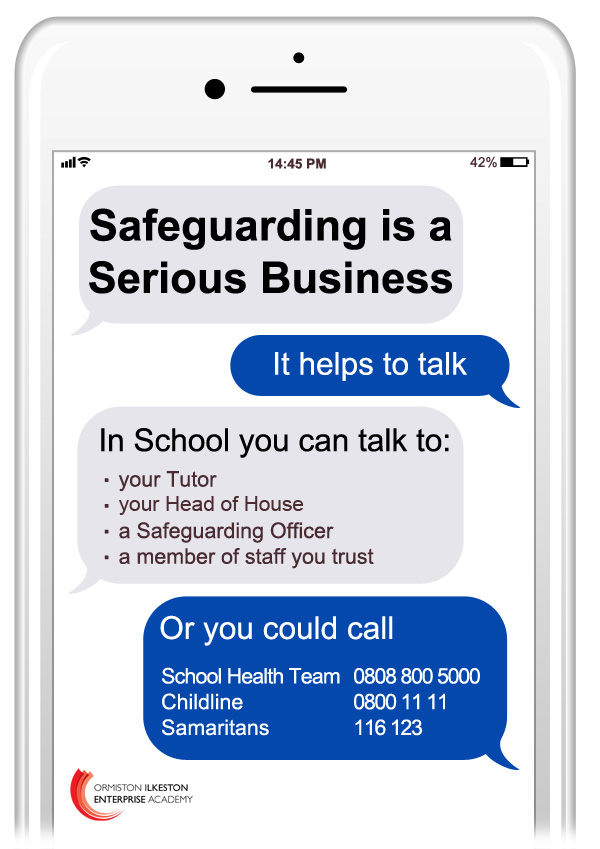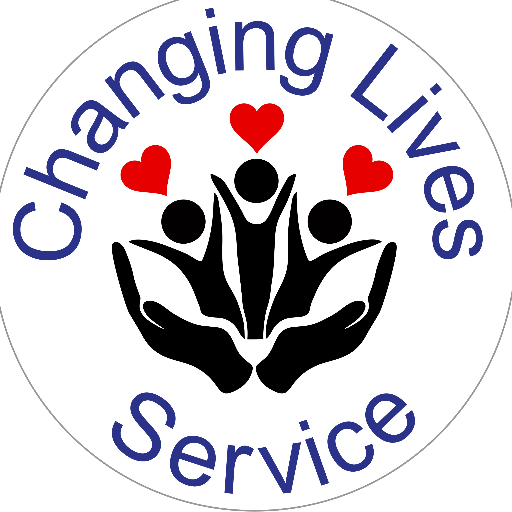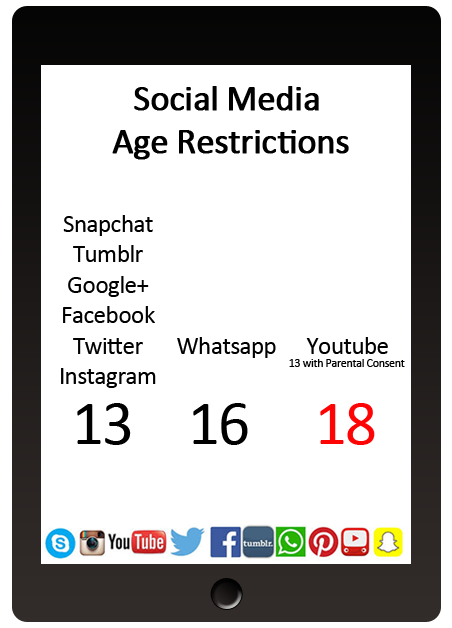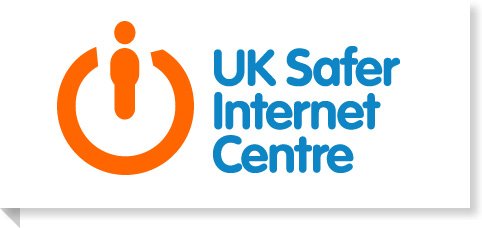Safeguarding
Safeguarding at Ormiston Ilkeston Enterprise Academy
We pride ourselves on ensuring that all students are able to learn an environment which is both safe and supportive, whilst recognising the individual needs of all our students.
- Miss K Cowling – Designated Safeguarding Lead (DSL) [email protected]
- Mrs H James Deputy Safeguarding Lead (DDSL) [email protected]
- Mrs Marriott – SENCO and Safeguarding Officer [email protected]
- Mrs H Morland – Safeguarding Governor [email protected]
Report a concern
To report a safeguarding concern, please click here or contact the Designated Safeguarding Lead on 0115 9303724 or [email protected].
At Ormiston Ilkeston Enterprise Academy we recognise the importance of safeguarding all students and staff.
We pride ourselves on ensuring that all students are able to learn in an environment which is both safe and supportive, whilst recognising the individual needs of all our students.
In order to support the safeguarding work that is undertaken here at the Academy, we have a dedicated safeguarding team who are available should you or your child have concerns about any safeguarding issues.

Anti-Bullying at OIEA
We take bullying very seriously here at OIEA and work hard to ensure that we prevent it in the first instance. Mrs Pape is our SLT link for anti-bullying.
We recognise bullying as:
Repeated negative behaviour that is intended to make others feel upset, uncomfortable or unsafe.
We have a group of anti bullying ambassadors that have been trained through the Diana Award and they can support your child, we meet on Thursdays in the Gallery at 8.30am – all are welcome.
If your child feels they are being bullied they can report this in a number of ways:
- via our report a concern button on the website
- via our dedicated email [email protected]
- to their tutor or Head of House
- to our DSL and DDSL Kay Cowling and Heather James
- or any trusted adult
They will be taken seriously and we will do our best to support them
If you wish to get further information on getting support/how to support your child or friends please try the following links.
- Child Protection & Safeguarding Policy – please click here to view
- Keeping Children Safe in Education
- Working Together to Safeguard Children
Please refer to the following links for advice and guidance.
- CEOP: Tackles sexual abuse and exploitation of children in all forms. For information, click here.
- Think U Know: Educational programme from CEOP. Click here.
- Parent Info: Collaboration between Parent Zone and NCA-CEOP. Provides safeguarding guidance. Click here.
- UK Safer Internet Centre: Partnership between Childnet, Internet Watch Foundation and SWGfL. Promotes safe use of technology for young people. Click here.
- Net Aware: Guide to social media platforms. Click here.
- NSPCC: Provides support to children and families. Call 0808 800 5000 or click here.
- Childline: Confidential service for young people. Call 0800 1111 or click here.
- Bullying UK: Advice on what to do if you think your child is being bullied. Click here.
- Internet Matters: Parent information on safeguarding children online. Click here.Catch 22 Derby and Derbyshire C.A.R.E.S: please contact: [email protected] or phone 07714 614563 – medium risk of abuse or exploitation
- Safe and Sound: please contact: https://www.ceop.police.uk/ceop-reporting/
- NHS: For health information and advice, click here.
- The Autism Educator: For information on supporting children with ASD to help them to understand COVID-19, visit https://theautismeducator.ie.
Safeguarding legislation guidance defines safeguarding as:
- Protecting children from maltreatment.
- Preventing impairment of children’s health/development.
- Ensuring children grow up in safe, effective care.
- Taking action to enable all children have the best outcomes
Safeguarding includes child protection, online safety, EHCP, anti-bullying work, health and safety, safety on trips, recruitment to ensure the wellbeing of students.
We promote the message that‘safeguarding children is everyone’s responsibility’. This is done through regular staff training (including GDPR), teaching topics mainly through PSHE and rigorous safeguarding systems.
We are committed to safeguarding children and young people and we expect everyone who works in our academy to share this commitment. We believe that our academy should provide a caring, positive, safe and stimulating environment that promotes the social, physical and moral development of the individual child. We recognise the importance of providing an environment within our academy that will help children feel safe and respected. We recognise the importance of enabling children to talk openly about anything that worries them and to feel confident that they will be listened to. We ensure that pupils are taught about safeguarding, including online safety, through various teaching and learning opportunities, as part of providing a broad and balanced curriculum. We will work with parents to build an understanding of the academy’s responsibilities to ensure the welfare of all children, including the need for referrals to other agencies in some situations.
Safeguarding arrangements in our academy are underpinned by two key principles:
- safeguarding is everyone’s responsibility: all staff, governors and volunteers should play their full part in keeping children safe
- a child-centred approach: a clear understanding of the needs and views of children.
- Kooth – Online mental health support. Click here.
- Papyrus – Suicide prevention advice for young people. Call 0800 068 4141 or click here.
- Young Minds – Mental health support for young people. Click here.
- MindEd – Mental health resources for families. Click here.
- Respond – For people with learning disabilities who have experienced abuse or trauma. Click here.
Changing lives

Changing Lives Service and Mental Health Support Teams in Schools
What is the Changing Lives Service?
The Changing Lives Service is part of a national trailblazer project, funded by the Government as part of its ambitious plans to transform children and young people’s mental health as cited in the NHS Long-Term Plan.
“The arrangements for safeguarding are effective”.
“The systems to check adults in the school are safe to work with children are robust.
Staff receive frequent, relevant, safeguarding training. School staff recognise the signs of abuse and gave examples of when they had used this knowledge to refer concerns to the safeguarding lead”.
“Pupils learn how to keep themselves safe. They value routines such as ‘lockdown’ drills, as these add to their sense of security. Leaders make sure pupils are aware of the dangers of extremist behaviour. They ensure that pupils learn about the dangers of alcohol misuse and other threats to their health and well-being. Incidents of bullying have fallen dramatically. Pupils report bullying is now rare”.
“Leaders work well with parents and outside agencies to keep pupils safe and make sure pupils feel secure”.
Ofsted May 2018
“Leaders have invested in more support for pupils with concerns or worries about their mental health. The school is to become a base for the ‘Future in Mind’ project. This will help to increase the school’s capacity to provide counselling to young people when needed”.
Ofsted February 2020
Online safety tips

- Choose a strong password.
- Set your privacy to “friends only”.
- Don’t accept friend requests from strangers.
- Don’t voice chat to strangers.
- Don’t use real names in games with public chat.
- Never share your location or “Check-In”.
- Turn off GPS settings on your devices.
- Don’t post something you wouldn’t say to another person’s face.
- When gaming try and avoid real names.
- Never use real names with friends when in public chat.
- Only use microphone and headset chat with friends.
- Set any chat to “friends only”.
- Never accept Facebook friend requests from strangers to receive rewards for games you are playing.
- If an adult starts talking to you just unplug mic and carry on gaming.
- Report any concerns to the appropriate website or app.
Reporting and Advice:
Click on the icons below to report a concern about an app or website or access advice about helping children and young people to stay safe online:






If you have concerns regarding someone who works with a child including foster carers and volunteers these should be reported to the Local Authority Designated Officer (LADO) – [email protected] or 01629 533190. This applies to all paid, unpaid, volunteers, casual, agency employees or anyone working in a self-employed capacity.
We at the academy are passionate about keeping children safe online and think it is very important to work in partnership with parents and carers.
The academy is committed to online safety and use policies, internet filtering, monitoring software and firewall to keep your children safe online.
We have put together some links below to help you keep your children safe at home.
Broadband
Gaming
Mobile Devices
- CEOP Report
- Childline telephone: 0800 1111
- NSPCC telephone: 0808 800 5000 email: [email protected]
- Samaritans telephone: 116 123 email: [email protected]
- Derbyshire Safeguarding Children Board telephone: 01629 533190 email: [email protected]
- Derbyshire School Nursing Services
- Internet Matters
- Young Minds
- Educate Against Hate – Government website with resources to safeguard children from extremism through promotion of British Values


